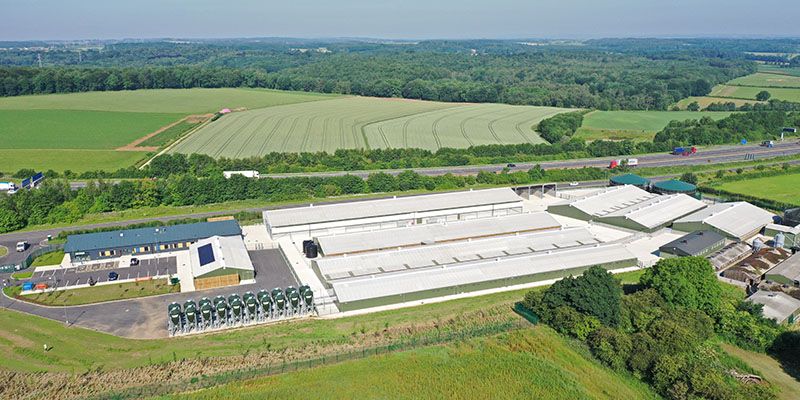Global Food and Environment Institute
Global Food and Environment Institute
The Global Food and Environment Institute is a community of researchers and practitioners, within and beyond the University of Leeds, which collaboratively drives positive impact in the global food system.
We are achieving positive societal and environmental impacts, globally and locally, by delivering ambitious and novel interdisciplinary research and innovation in sustainable food systems, and by training the next generation of food systems leaders through research-led education. We support the design and delivery of the MSc Sustainable Food Systems and Food Security.
Our research
Our areas of research reflect global challenges and current cross-disciplinary areas of research strength at the University. They include, but are not limited to:
- Food access and equity in urban systems, with a focus on community food provisioning, resilient and short supply chains, sustainable procurement and equitable access to food in cities and city-regions.
- Climate change and food systems in Africa, with a focus on the impacts of climate change on food and nutrition security and agricultural livelihoods, and the ways in which such systems are adapting to climate change.
- Transitions to net zero and sustainable agriculture, with a focus on innovative practices, agroecological systems and novel technologies and utilizing experimental facilities at the University of Leeds Research Farm.
- Labour and workers’ rights in the food system, with a focus on the regulation of trade, and how this shapes experiences and organisational behaviour within international supply chains.
If you are interested in learning more about our research or working with us, you can become a member.
Extending the reach and impact of our research
We work with partners, locally and internationally, from across the food system. We aim to embed collaboration, knowledge exchange and real-world impact across our work.
-
Just rural transitions
Researchers explore what a just rural transition means in the context of global food systems.
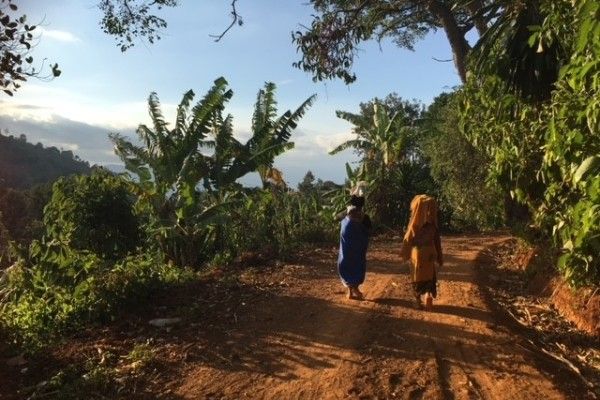
-
University farm to halve carbon footprint for new research project
The University of Leeds farm is to become a pioneering research station to test and accelerate climate-smart agricultural methods.
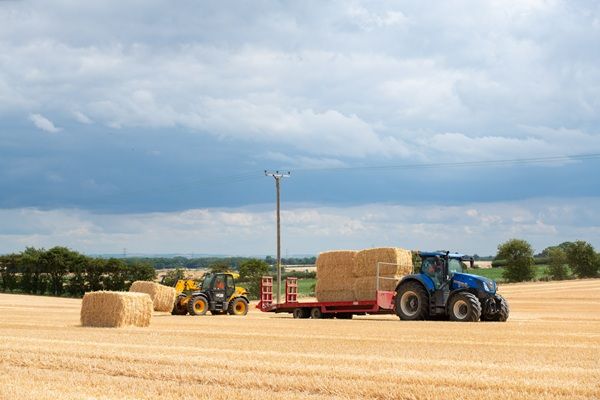
-
Capturing food stories in the Philippines
PhD student Ankitha Manohar shares her experiences among local communities in Calape, Bohol, documenting their meals through photography and interviews.
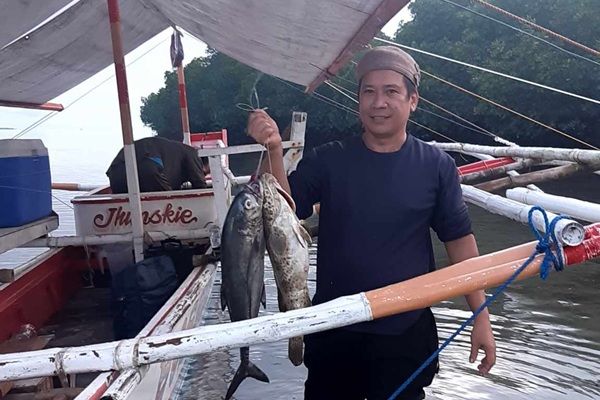
-
Households could be missing out on supermarket discounts due to privacy concerns
Dr Andy Newing, Associate Professor in Applied Spatial Analysis, asks ‘should we let supermarkets know who we are in return for better deals?’

-
The right to food in the UK
Beth Bell, Food Ethics Council, and Clare James and Effie Papargyropoulou, GFEI, discuss the challenges of moving from third sector solutions to government action.

-
How UK wholesale markets are changing whilst keeping their traditional values
Chris Terry, Research Assistant, and Professor Sara González, School of Geography, share their experiences of visiting some of the UK’s busiest produce markets.
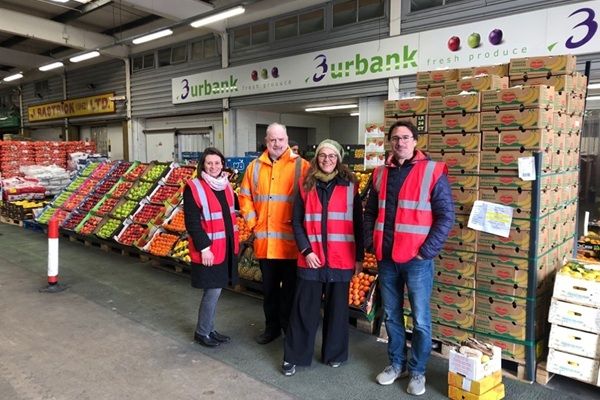
Research spotlights
-
Sustainable food
Explore projects led by researchers in the Faculty of Environment, from farming to influencing consumer behaviour and reducing waste.
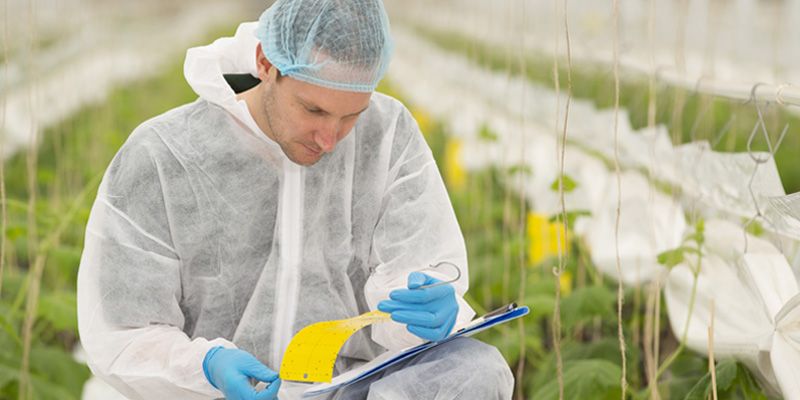
-
Smart farm
Learn how we're working with partners across Europe to co-develop research programmes that address modern agricultural challenges.
